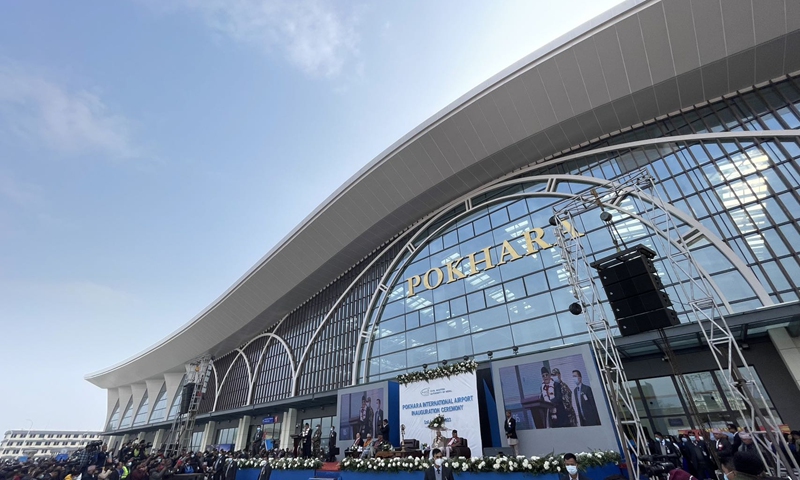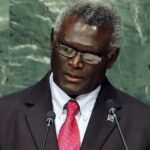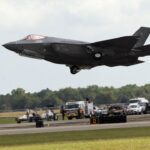Nepalese Prime Minister Pushpa Kamal Dahal Prachanda attended the Nepal-China Business Summit held on Sunday in Beijing, where he witnessed enhanced China-Nepal economic and trade relations as a number of companies from the two countries expressed confidence in bilateral cooperation.
On the sidelines of the summit, business participants from the two countries told the Global Times that China and Nepal have many common interests and large scope for cooperation, especially in the fields of hydropower, tourism and infrastructure construction.
Prachanda told the summit that it is his third visit to China as prime minister of Nepal. “Every time I come to this great country, I am in awe of the tremendous changes that have taken place in China, from infrastructure to manpower development, from poverty alleviation and reduction, from education to medical services, and the development of science and technology, it is amazing that China has made tremendous progress,” he said.
China is Nepal’s second-largest trading partner and one of the most important sources of investment. Nepal needs China’s help, and it will keep promoting bilateral trade and strengthening its exports to China, such as coffee and other agricultural products, according to Prachanda.
“We have high-quality water resources, agriculture, tourism and the transportation sector… We would like to see more investment from China, and we can eye more cooperation in terms of technology and finance,” the prime minister noted.
Prachanda is carrying out an official visit to China from Saturday to September 30. He attended the opening ceremony of the 19th Asian Games in Hangzhou on Saturday. He will meet with Chinese Premier Li Qiang and China’s top legislator Zhao Leji later.
Nepal is also a beneficiary of the China-proposed Belt and Road Initiative (BRI), through which Nepal has become a land-linked country from a landlocked one, experts noted.
The Pokhara International Airport, which the Chinese company China CAMC Engineering Co (CAMCE) helped build in Nepal, is a typical example. The project started in July 2017, and China provided a soft loan to Nepal for this project, which not only created a new model of development cooperation but also effectively guaranteed the smooth implementation of the project.
Yan Hailu, vice president of the CAMCE, told the Global Times during the summit that business and cultural exchanges between China and Nepal have been increasing since the beginning of 2023.
Aside from building the Nepalese Pokhara International Airport, CAMCE also commenced in-depth development in Nepal’s highway sector as well as power plants, water treatment plants and tourism, said Yan.
“China-Nepal cooperation has great potential, and bilateral cooperation will be expanded to more areas as the local business situation is being improved,” he noted.
Rajesh Kumar Agrawal, chairman of the Confederation of Nepalese Industries, told the Global Times that Nepal is still a developing country and it is really impressed by the development of China in the past two decades.
“We have a lot of scope for investment in infrastructure and manufacturing industry as well as hydropower,” Agrawal said, noting that the Nepalese government has sent proposals for nine or 10 projects to the Chinese government under the BRI, which will help Nepal a lot.
Chandra Prasad Dhakal, president of the Federation of Nepalese Chambers of Commerce & Industry, told the Global Times on the sidelines of the summit that China and Nepal have very good potential for cooperation in hydropower, tourism, agriculture and minerals.
During the event, enterprises from both countries exchanged MOUs, including IME Group Nepal and CAMCE, Nepal’s CG Motors and China’s GAC Motors and Hozon Auto.
(Global Times)




